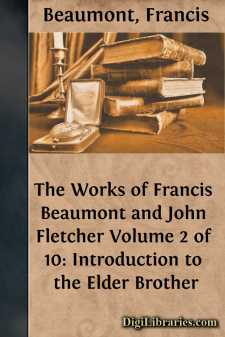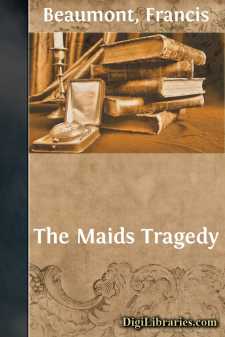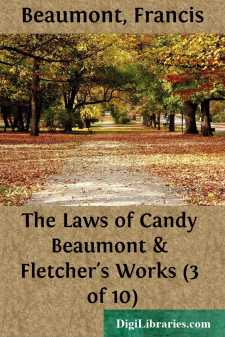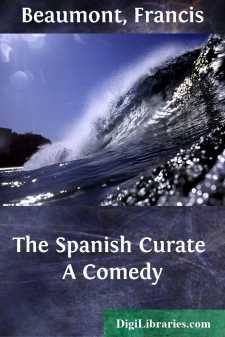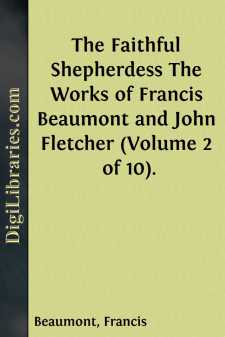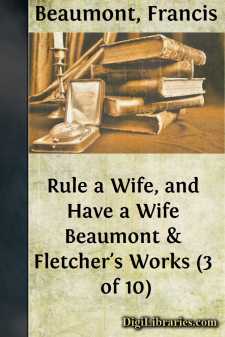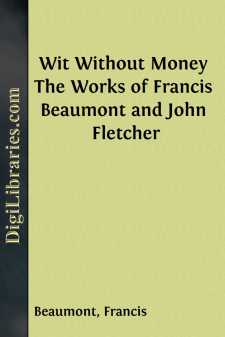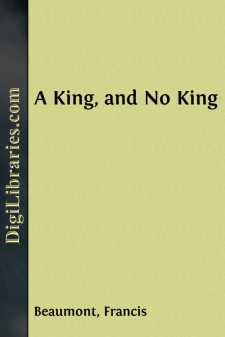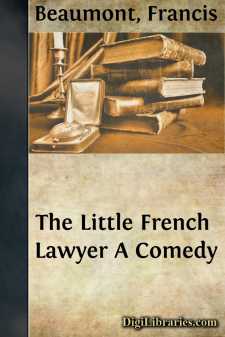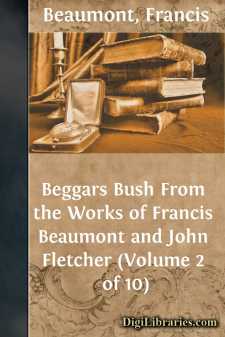Categories
- Antiques & Collectibles 13
- Architecture 36
- Art 48
- Bibles 22
- Biography & Autobiography 815
- Body, Mind & Spirit 144
- Business & Economics 28
- Children's Books 18
- Children's Fiction 14
- Computers 4
- Cooking 94
- Crafts & Hobbies 4
- Drama 346
- Education 58
- Family & Relationships 59
- Fiction 11835
- Games 19
- Gardening 17
- Health & Fitness 34
- History 1378
- House & Home 1
- Humor 147
- Juvenile Fiction 1873
- Juvenile Nonfiction 202
- Language Arts & Disciplines 89
- Law 16
- Literary Collections 686
- Literary Criticism 179
- Mathematics 13
- Medical 41
- Music 40
- Nature 180
- Non-Classifiable 1768
- Performing Arts 7
- Periodicals 1453
- Philosophy 65
- Photography 2
- Poetry 896
- Political Science 203
- Psychology 44
- Reference 154
- Religion 515
- Science 126
- Self-Help 85
- Social Science 83
- Sports & Recreation 34
- Study Aids 3
- Technology & Engineering 59
- Transportation 23
- Travel 463
- True Crime 29
Our website is made possible by displaying online advertisements to our visitors.
Please consider supporting us by disabling your ad blocker.
The Works of Francis Beaumont and John Fletcher Volume 2 of 10: Introduction to the Elder Brother
by: Francis Beaumont
Description:
Excerpt
ACTUS PRIMUS. SCENA PRIMA.
Enter Lewis, Angellina, and Sylvia.
Lewis. Nay, I must walk you farther.
Ang. I am tir'd, Sir, and ne'er shall foot it home.
Lew. 'Tis for your health; the want of exercise takes from your Beauties, and sloth dries up your sweetness: That you are my only Daughter and my Heir, is granted; and you in thankfulness must needs acknowledge, you ever find me an indulgent Father, and open handed.
Ang. Nor can you tax me, Sir, I hope, for want of duty to deserve these favours from you.
Lew. No, my Angellina, I love and cherish thy obedience to me, which my care to advance thee shall confirm: all that I aim at, is, to win thee from the practice of an idle foolish state, us'd by great Women, who think any labour (though in the service of themselves) a blemish to their fair fortunes.
Ang. Make me understand, Sir, what 'tis you point at.
Lew. At the custom, how Virgins of wealthy Families waste their youth; after a long sleep, when you wake, your Woman presents your Breakfast, then you sleep again, then rise, and being trimm'd up by other hands, y'are led to Dinner, and that ended, either to Cards or to your Couch, (as if you were born without motion) after this to Supper, and then to Bed: and so your life runs round without variety or action, Daughter.
Syl. Here's a learned Lecture!
Lew. Fro[m] this idleness, Diseases, both in body and in mind, grow strong upon you; where a stirring nature, with wholesome exercise, guards both from danger: I'd have thee rise with the Sun, walk, dance, or hunt, visit the Groves and Springs, and learn the vertue of Plants and Simples: Do this moderately, and thou shalt not, with eating Chalk, or Coles, Leather and Oatmeal, and such other trash, fall into the Green-sickness.
Syl. With your pardon (were you but pleas'd to minister it) I could prescribe a Remedy for my Lady's health, and her delight too, far transcending those your Lordship but now mention'd.
Lew. What is it, Sylvia?
Syl. What is't! a noble Husband; in that word, a noble Husband, all content of Woman is wholly comprehended; He will rouse her, as you say, with the Sun; and so pipe to her, as she will dance, ne'er doubt it; and hunt with her, upon occasion, until both be weary; and then the knowledge of your Plants and Simples, as I take it, were superfluous. A loving, and, but add to it, a gamesome Bedfellow, being the sure Physician.
Lew. Well said, Wench.
Ang. And who gave you Commission to deliver your Verdict, Minion?
Syl. I deserve a Fee, and not a frown, dear Madam: I but speak her thoughts, my Lord, and what her modesty refuses to give voice to. Shew no mercy to a Maidenhead of fourteen, but off with't: let her lose no time, Sir; Fathers that deny their Daughters lawful pleasures, when ripe for them, in some kinds edge their appetites to taste of the fruit that is forbidden.
Lew. 'Tis well urg'd, and I approve it: No more blushing, Girl, thy Woman hath spoke truth, and so prevented what I meant to move to thee. There dwells near us a Gentleman of bloud, Monsieur Brisac, of a fair Estate, six thousand Crowns per annum, the happy Father of two hopeful Sons, of different breeding; the Elder, a meer Scholar; the younger, a quaint Courtier....


